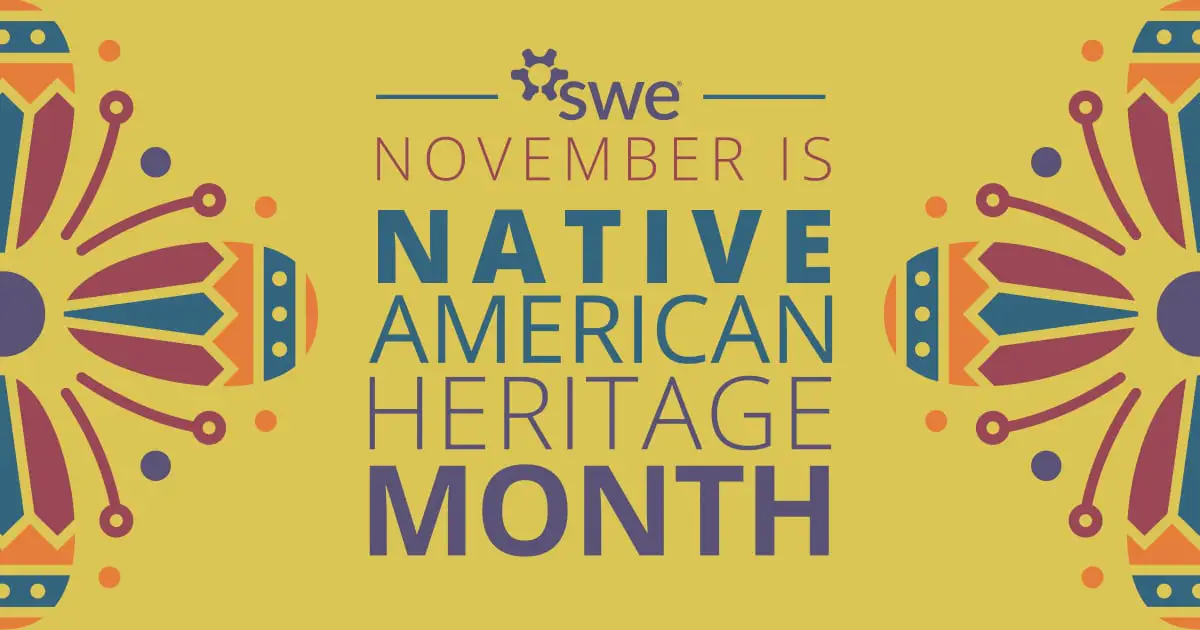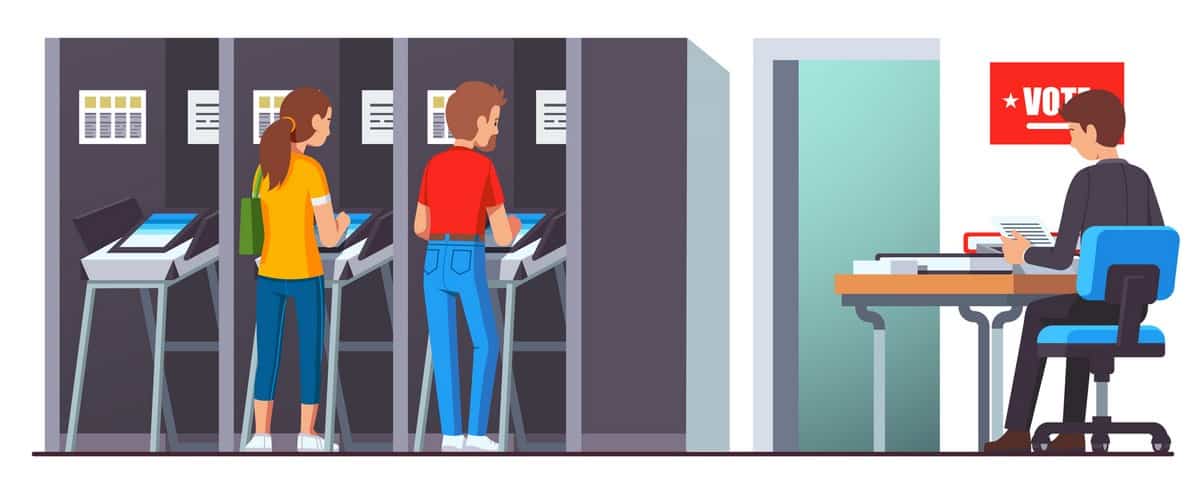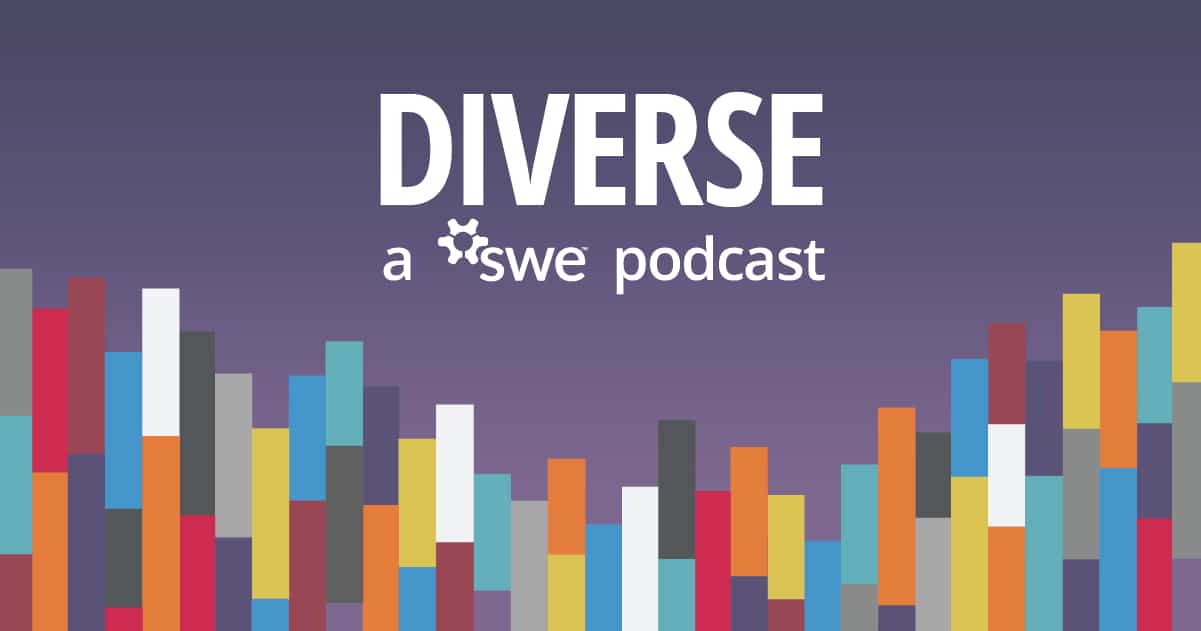When you talk about the biggest social innovation that completely changed the landscape of how we communicate with one another, then Facebook is the thing that comes to mind. With 2.9 billion users across the world in 2024, this platform is the biggest source for connecting people via the internet and an electronic device.
However, everything has its complications and the same is applicable to Facebook. The problem that several users face without even going against the community guidelines is being locked out of the account on purpose.
That’s right Facebook locks its users on purpose, although this may sound shocking there is more to it. The light shined on this matter was initially observed by Jonca Bull-Humphires who’s a clinical researcher living out of D.C. At first, Miss Humphries got locked out of her Facebook account due to a hack which led to her missing follow-ups with her friends and family. The biggest fear that Miss Humphries had was that the hacker might impersonate her and change the password of the account leaving her in blindsight and no connection to the people she cares about.
Even after consistently trying for 6 weeks including following the Facebook account recovery process official guidelines and sending her driver’s license for self-verification, nothing worked at all.
It wasn’t until Miss Humphries did a Google search that and stumbled across several people who faced the same situation that she was in. In fact, she even found many Reddit threads that were redirected to articles published online on how thousands of users have been plagued by hacked and lost accounts which are rarely recovered. One thing that all the searches made by Miss Humphries had in common was the fact that account recovery procedures are extremely hectic and repetitive bringing you to the same place where they’ve been stuck forever.
Upon inspection why Facebook accounts may be locked because the user forgot their password, weak password, and hackers trying to get in through exploiting recovery methods. As in Miss Humphries’s case when an email was sent to her Facebook account being locked, an official email was sent by the company that asked her to reset her password. However, the following day somehow the hacker crept back into her account and Miss Humphries got locked out again.
It was obvious that recovering an account was an extremely hectic and mind-boggling task, there are technical reasons behind it for its complexities. The biggest platform to conduct scams are social media accounts including phishing attacks and misinformation. The most common way to get into someone’s account is through phishing attacks but oftentimes they also use recovery methods guided by social media platforms to get in. Therefore recovery processes are made way more complicated to keep the hackers away and to carry authentic user verifications.
To solve the problem for those who have been locked out of their accounts and have no idea how to recover then the following steps are for you:
First and foremost ensure that you’re doing the recovery method from a wifi network that they often use and go to facebook.com/login.identify.
Use your phone number or email address, name, or username to find your account.
Select the option of sending a recovery code to your email or phone number.
If the reset your email address option is available then good, if not then open the Facebook app on your mobile device and log in. If you can’t log in then click on forget password option.
Then select the button that states that you no longer have access to the email address or the phone number associated with the account. Through this way, you’ll be able to reset your email address.
If you can’t reset your email address then go to facebook.com/hacked and click on the option My account is compromised. In this way, you can enter your previous password, then select Secure My Account and click on I can’t access these.
There might be a chance that Facebook might send you a form in which you need to reset the primary email by giving them your identification card photo. Once the photo is verified (ensure that the photo is of high quality and not webcam-taken or any other low quality camera) then Facebook will send an email to the new address so that you can reset your password.
Image: DIW-Aigen
Read next:











